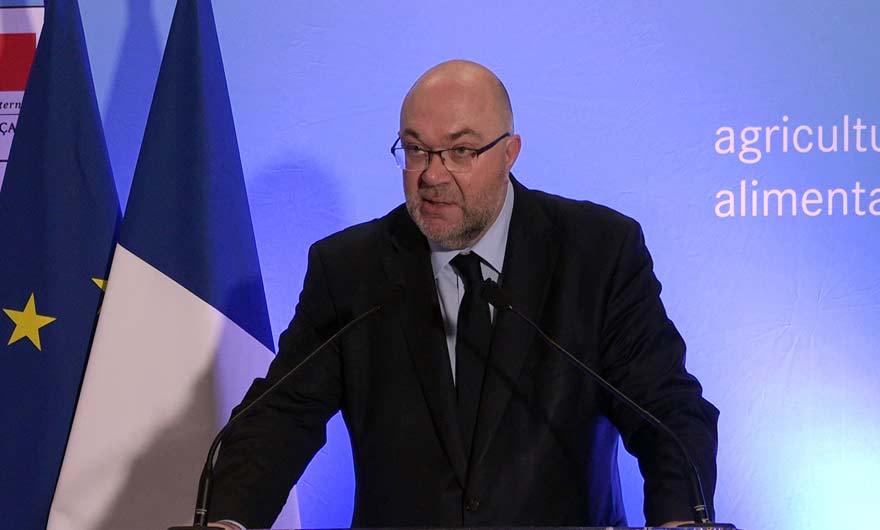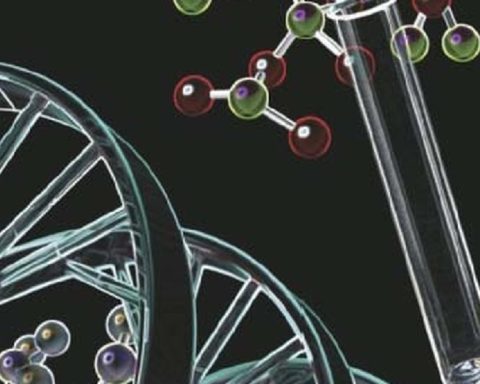Legal reinforcement and specific controls for greater transparency are on the menu of the new measures announced by the Minister of Agriculture and Food, Stéphane Travert, after a meeting with all the players in the dairy sector on Tuesday 16 January at the Ministry, rue de Varenne in Paris. The meeting also provided an opportunity to take stock of the situation regarding salmonella contamination at the Lactalis Group's Craon plant in Mayenne.
These further steps include a strengthening of the legal framework and the implementation of a specific control plan for powdered infant formula. Because health safety is a prerequisite and a key element of company performance.
Firstly, therefore, a legal framework which will be strengthened with an obligation for companies to transmit to the State services the results of unfavourable controls, whether they are controls on products or on the environment, as soon as they may have harmful consequences on public health; an obligation for laboratories to transmit unfavourable results on products to the State services. This will be in addition to the current provision limited to episodes with human intoxication cases, and a legal basis given to the creation of surveillance platforms, particularly for foodstuffs.
Secondly, a specific control plan will be implemented on the production chain and risk control plans for milk powder products intended for children. This control plan, which affects less than 100 production establishments, will be implemented within three months.
The minister did not hide from the dairy industry, whose culture is one of secrecy, that they would have to change their attitude in favour of "total transparency". He also asked them to be "much more reactive" in case of problems. "These are the conditions for building a relationship of trust with consumers on a daily basis, he hammered.
On the basis of the conclusions of this inventory, the Minister will refer the matter to the national agency in charge of risk assessment, ANSES, so that it can check whether the monitoring systems set up by professionals are adapted to the risks identified under the specific action plan and, if necessary, make recommendations on the methods for identifying and controlling the risk.
Finally, in accordance with the conclusions of the "États généraux de l'alimentation", feedback will be provided and requested from the Parliament of Food, which is the National Food Council. This brings together all the links in the food chain, from producer to consumer, with all the public authorities concerned.
This work will be an opportunity to analyse possible malfunctions, their causes and the corrective measures to be implemented. All of this work will be fully integrated into the roadmap of the Etats Généraux de l'Alimentation.
Finally, the Minister called for the responsibility of the actors of the dairy sector to enrich the health component of the Milk Chain Plan.
(Source : agro-media.fr)












